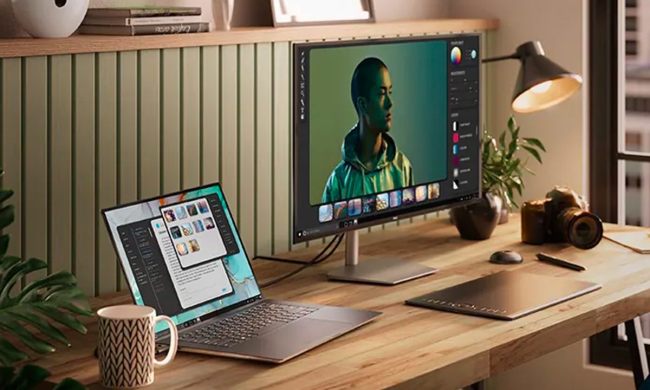
The One Laptop per Child project was founded with the laudable goal of bringing laptops to children in emerging markets and the developing world for less than $100 apiece—and while the project has overcome many internal, financial, and technological hurdles, the initial XO notebooks are still running about $200 apiece. However, the OLPC has been able to get a large number of notebooks to schools and education systems around the world, and has just announced two new partnerships that could add up to a lot more XO laptops in schools…so long as money can be found.
First, the OLPC and the East African Community have formed a partnership that they hope will put as many as 30 million laptops in the East African region by the year 2015…although funding will be a major issue. “If you want to build a knowledge economy, you must have a computer literate population, starting from primary, secondary school children and all the way to university,” said Secretary General of the East African Community Ambassador Juma Mwapachu, in a statement. “This is a very ambitious project for which we will have to partner with various people and institutions to mobilize and find the resources required to meet our objectives by 2015.”
The EAC represents Tanzania, Rwanda, Kenya, Uganda, and Burundi. Some EAC members have already run trials with the OLPC program, including some 20,000 OLPC laptops already in Rwanda and another 70,000 on order.
The EAC and OLPC will work together to find donors in the private sector and the aid community to support the program, and the EAC plans to ask U.S. President Barack Obama for U.S. government support to help fund the project.
Separately, the OLPC project and the United Nations Relief and Works Agency (UNRWA) have announced plans to distribute half a million laptops to Palestinian children throughout the Middle East. UNRWA assists more than four million Palestinian refugees in five countries, and already conducted a 1,500 machine trial; another 2,100 machines are on the way to a school in the town of Rafah in the Gaza strip. OLPC and UNRWA are also working to format electronic versions of textbooks to create a complete primary school curriculum.


